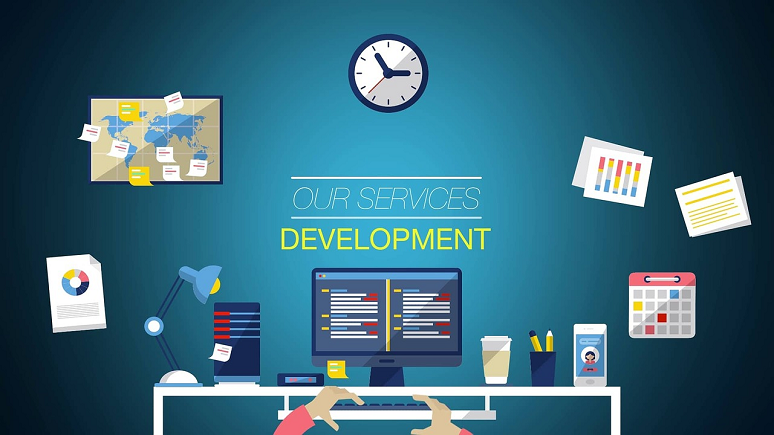The enterprise communications industry continues to undergo a major transformation, as more companies look to improve business processes through cloud-based automation. Specifically, organizations are deploying telecom APIs to improve internal workflows, as well as enhance customer experiences and engagement.
IT and developer teams within these enterprises are partnering with software-centric carriers that can help integrate cloud-based telecom offerings into existing products and services, without jeopardizing quality. Through the integration of telecom APIs, enterprises can instantly purchase, port, provision, and configure voice and messaging services with direct access to and control over high-quality telephony resources. Applications and services deployments can now be completed instantly through APIs and software developer kits (SDKs). Additionally, enterprises can utilize call and SMS notifications and click-to-dial capabilities, both of which help companies communicate with their customers more effectively.
Take, for example, the way that companies like Lyft, Slack, and Airbnb utilize voice and messaging in their apps. These companies have transformed their platforms and communications capabilities in order to improve the customer experience by directly tailoring the service to meet customers’ engagement preferences and expectations. The integration of carrier-grade calling or messaging capabilities in the applications, via telecom APIs, helps to make the user’s experience more efficient (and enjoyable) and ultimately ensures these platforms are more valuable to their customers.
When considering the growing demand for improved engagement and customer experiences as demonstrated with the consumer offerings above, it’s fair to say that the potential of the cloud telecom API market is at its infancy. Research from
MarketsandMarkets forecasts that the global telecom API market will grow to more than $230 billion by 2021, at a CAGR of 19.87%. This projected growth demonstrates the trend of enterprises continuing to increase automation in an effort to improve engagement, as well as reinforces that voice and messaging capabilities will continue to be forefront in establishing competitive advantages for enterprises.
Some of the other advantages telecom APIs provide for enterprises include:
Facilitates innovation and improved customer engagement -- For enterprises, telecom APIs provide the opportunity to differentiate current offerings while also nurturing their end-customer relationships. Businesses can improve customer interactions by giving their end users a choice in how they interact with the business, instead of having to adhere to only one option for customer support. Options range from traditional voice calls, Web forms, text messaging, automated phone menus and the like -- all of which can be provisioned and managed by the business itself.
Enables services to be rapidly scaled through automation -- The provisioning and porting process associated with purchasing new numbers can now be automated, eliminating the need to purchase phone numbers in bulk and then look up new rates for those phone numbers. This simply isn’t scalable without automation through APIs.
Additionally, unique phone numbers that can be assigned, ported, and deployed through telecom APIs offer the opportunity for businesses to better track lead generation. For example, businesses can direct inbound calls to different departments or extensions, and track where sales leads are being derived. This functionality automates and improves the process for lead generation and CRM maintenance.
Provides privacy for the business and end user -- Telecom APIs also allow enterprises to initiate phone number masking capabilities. This feature -- often seen with Rover.com, Lyft, and other appointment reminder or reservation applications -- protects user privacy by sending messages between two individuals without exposing their real/personal phone numbers.
Businesses can use this function for phone numbers associated with appointment reminders, restaurant reservations, hotel bookings, shipping notifications, and other services where the end user prefers to receive updates via call or text.
Enterprises turning to telecom APIs as an automation strategy can also scale services and gain insight into their markets’ reach in a more contextual, personalized way, while also providing the privacy and tailored experiences their customers demand.










